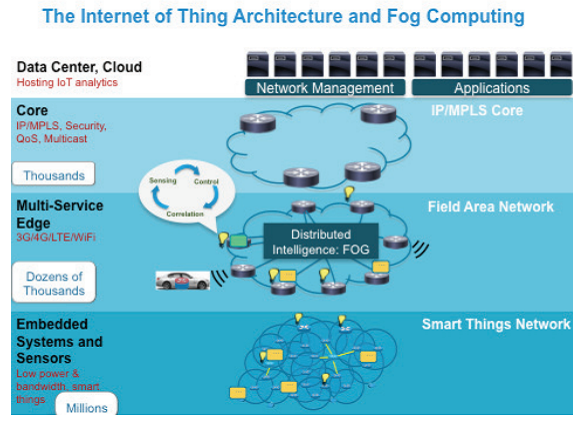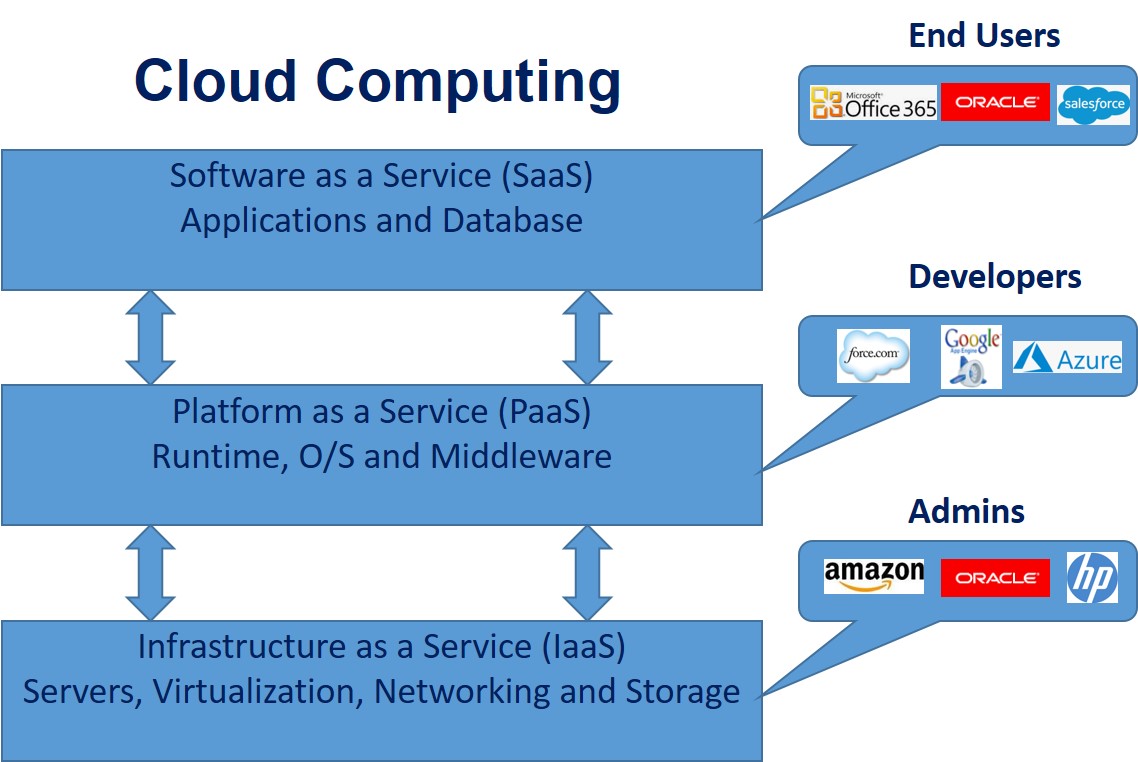

Amazon says this helps customers cut costs by giving access to AWS storage for applications such as backup and archiving.ĪWS has three gateways: Tape, file and volume. Storage Gateway connects on-premises hardware to the cloud to create a hybrid storage pool. Amazon plans to add a VMWare-compatible version of Outposts this year. IT teams can order Outposts hardware from their AWS console. Outposts hardware is connected to the nearest AWS region to the customer to make management across on-premises hardware and cloud as seamless as possible.

The hardware and tools are identical, AWS says, to those of its cloud offerings. Outposts gives access to AWS infrastructure to users that need low-latency services or local storage. These features, though, are still new, so storage managers might want to prioritise working with a single cloud vendor, and using familiar cloud tools, over multiple clouds – at least for now. Google recently announced support for AWS, but not yet Azure, through Anthos.Īzure Arc will also let users deploy onto AWS or Google infrastructure and manage it through Arc. Azure, for example, has two distinct ways to deliver on-premises services.Īzure and GCP support multiple hardware vendors, and also multiple clouds.ĪWS sees its Outpost hybrid cloud as a single vendor stack. The big three: The approachesīuyers also need to navigate the three vendors’ quite different approaches.

The limitation is that the workload needs to run in a VM for AWS and Azure, or in a Kubernetes container for Google Cloud Platform.
#Local cloud providers archive
But by connecting these applications to a cloud storage pool it should be easier to archive older data, and to deal with spikes in demand. This extends from enterprise applications to analytics that involves sensitive information. Use cases for cloud vendor hardware include any applications where performance is critical, or data needs to be stored locally. Local performanceĪnalysts IDC (see box) say cloud vendors are driven by the need to provide “local performance at any location without adding application complexity” in addition to “cloud anywhere”.Ĭloud vendors are moving into the on-premises hardware market to address some of the performance issues inherent with cloud services, such as latency, and for storage, read and write performance. The cloud vendors’ aim is to make local IT resources more efficient and easier to run. This applies to compute and storage, primarily through virtual machines or containers. Using cloud vendor technology allows IT teams to use the same interfaces, management tools and provisioning to run local storage and cloud resources. Often hybrid cloud storage is implemented by storage vendors making their offerings compatible with the cloud, with the cloud accessible as a tier, but now, traffic is starting to move in the opposite direction and the big three cloud vendors – AWS, Azure and Google Cloud Platform – have extended their technology to customer premises.

More businesses are looking at hybrid cloud infrastructure and hybrid cloud storage as a way to achieve the best of both worlds. Scalability, resilience, and a pay-as-you-use model are attractive, even if on a per-gigabyte basis the cloud is not always cheaper. There are good reasons, too, for investing in the cloud.


 0 kommentar(er)
0 kommentar(er)
